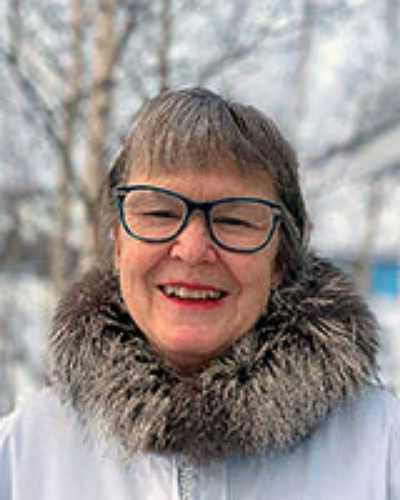Abstract
Introduction: Canadians living in rural communities continue to experience challenges in accessing rural health care. The Rural Road Map for Action (RRM) was developed in February 2017 and provides a guiding framework for a coordinated, pan-Canadian approach to physician rural work force planning and improved access to rural health care.
Methods: The Rural Road Map Implementation Committee (RRMIC) was formed in February 2018 to support the implementation of the RRM. The RRMIC was co-sponsored by the College of Family Physicians of Canada and the Society of Rural Physicians of Canada and had a broad membership that deliberately crossed sectors supporting the RRM’s social accountability vision.
Results: In April 2021, the \"Rural Road Map: Report Card on Access to HealthCare in Rural Canada\" was discussed at a Society of Rural Physicians of Canada national forum. Next steps included: focusing on equitable access to rural health care service delivery; enhancing rural physician resource planning including national medical licensure and the adoption of more effective strategies for rural physician recruitment and retention; improving access to rural specialty care; supporting the work of the National Consortium on Indigenous Medical Education; and developing metrics as useful tools to facilitate change in rural health care, social accountability in medical education and provisions for supporting the delivery of virtual health care.
Discussion: Collaborative partnerships and commitments from all key stakeholders will be critical to addressing national and regional health work force needs. No one sector alone can fix the inequitable health care realities of people living in rural communities in Canada.
You might also be interested in:
2015 - Re-orienting a remote acute care model towards a primary health care approach: key enablers
2013 - Comment: Cost and returns related to medical education in rural and remote locations


